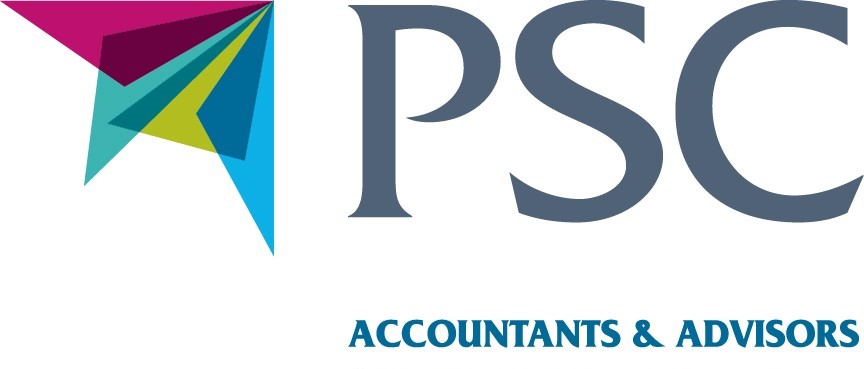
Brexit & VAT update January 2021
Update January 2021
From 1 January 2021, a new VAT regime has brought significant changes which affect how Irish businesses trade with NI and Great Britain (GB).
We have outlined below the VAT implications for:
- Irish businesses trading goods with Northern Ireland (NI)
- Irish businesses trading goods with Great Britain (GB)
- Irish businesses trading services with both GB & NI.
- TRADE IN GOODS: IRELAND/NORTHERN IRELAND
NI remains part of the UK VAT regime however EU VAT rules for goods will continue to apply. Therefore, from 1 January 2021, the current VAT treatment should continue to apply to trade in goods between Ireland and NI. This means that:
- Supplies of goods between Ireland and NI businesses should continue to be treated as zero-rated intra-EU dispatches.
- Supplies to consumers will continue to use distance selling rules. This means that NI/UK VAT will need to be accounted for when the level of sales in NI exceeds the annual distance selling threshold.
To facilitate NI’s alignment to EU VAT rules for goods, a special VAT identification number for NI businesses is being introduced (with an “XI” prefix).
- TRADE IN GOODS: IRELAND/GREAT BRITAIN
Sales of goods from GB to Ireland are now treated as imports into Ireland. Import VAT is due by the importer in Ireland. However, the Irish Government has introduced postponed accounting for VAT on imports carried by VAT registered businesses. This means that instead of import VAT becoming due at the time the goods are imported, it can be accounted for in the importers next VAT return. This will be of significant cash flow benefit for Irish traders.
Sales of goods from Ireland to GB are now treated as exports from Ireland. No Irish VAT will be charged on these goods. The responsibility for VAT will fall to the importer in GB, ie, the reverse charge mechanism will apply. Irish businesses should retain evidence that the goods have been exported from Ireland.
The UK have also introduced the postponed method of accounting for VAT for all imports by UK VAT registered businesses into the UK from both EU and non-EU countries.
A summary of the VAT rules is outlined below:
- B2B (Business to Business)
- For all sales (both B2B and B2C), no Irish VAT is charged (export).
- Ensure you have proof of export.
- No need to register for UK VAT.
- UK customer pays UK VAT, either on importation or later, if he avails of “postponed accounting”.
- However, if goods are already in the UK at point of sale, then UK VAT must be charged by Irish supplier.
- B2C (Business to Consumer)
a. Goods exceeding STG£135
- For all sales (both B2B and B2C), no Irish VAT is charged (export).
- Ensure you have proof of export.
- UK VAT is payable.
- Either the Irish supplier can arrange for payment of UK VAT or the UK customer can pay UK VAT on importation.
- UK customs duty may also be payable.
b. Goods not exceeding STG£135
For all sales (both B2B and B2C), no Irish VAT is charged (export).
- Ensure you have proof of export.
- Irish supplier must register for UK VAT and charge UK VAT.
- There is no de minimis VAT registration threshold for non-UK businesses.
- TRADE IN SERVICES: IRELAND/GB & NI
As a general point, there has been very little practical change in the VAT treatment of services.
Please note that, as regards services, both GB and NI are regarded as outside the EU.
A summary of the VAT rules is outlined below:
a. B2B (Business to Business)
The place of supply continues to be where the service is received. Therefore:
- Services received in Ireland from GB & NI are subject to Irish VAT, under the reverse charge rule.
- Services received in GB & NI from Ireland are subject to UK VAT, under the UK reverse charge rule.
b. B2C (Business to Consumer)
The general place of supply continues to be where the supplier is based. However, there are many services (such as consultancy) where the opposite applies.
The VAT treatment must be considered on a case-by-case basis.
You will note that, as regards services, both GB and NI are outside the EU.
